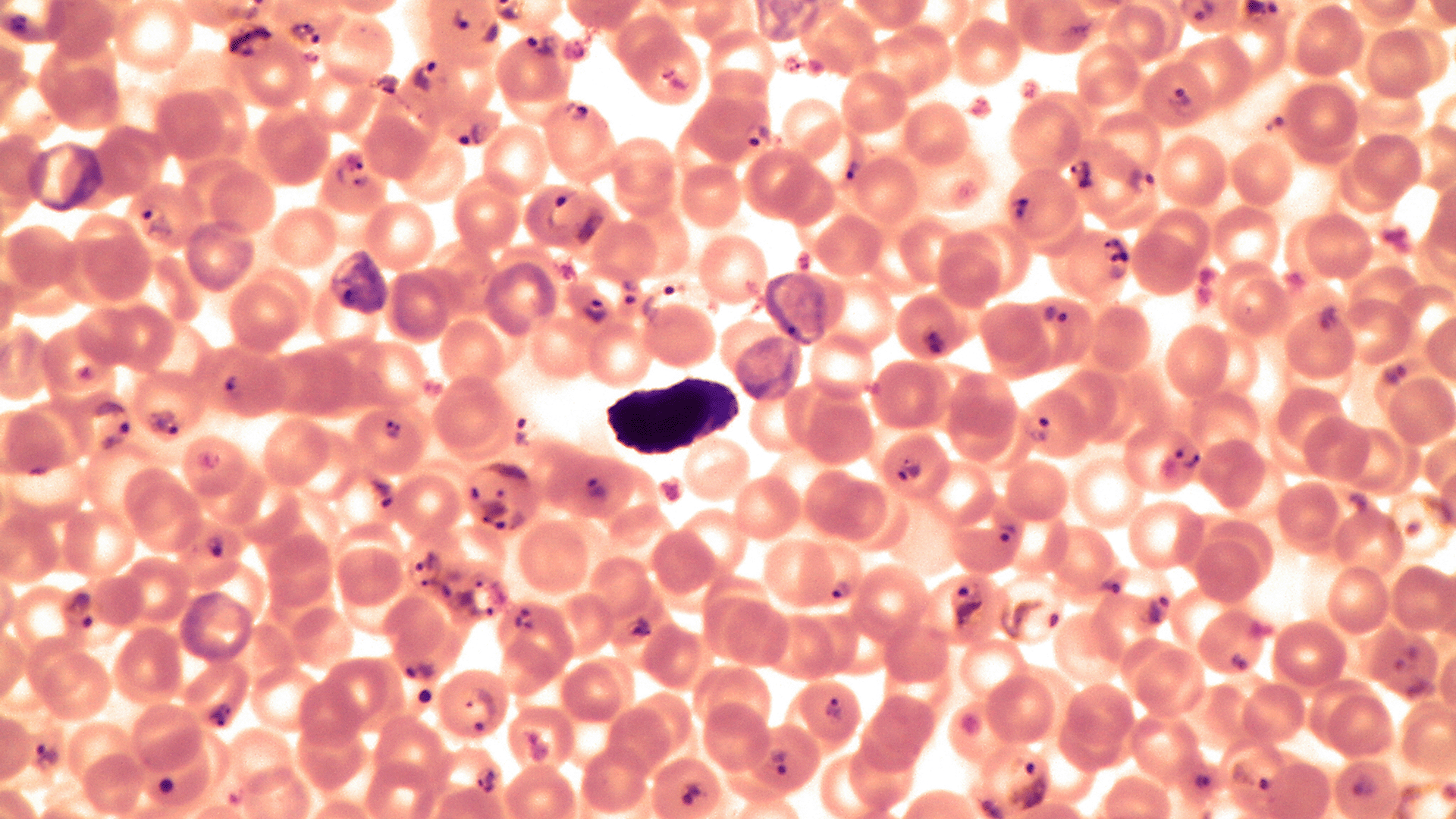
NEW VACCINES NEEDED TO TARGET MALARIA ELIMINATION
Burnet Institute researchers are playing a pivotal role in regional efforts to eliminate the mosquito-borne disease in the Asia-Pacific region by 2030.
Crucial to achieving that goal is the development of new vaccines to combat malaria, which is becoming increasingly resistant to existing medicines.

Professor James Beeson, Head of Burnet’s Malaria Immunity and Vaccines Laboratory, said the malaria elimination challenge is intensifying.
“The global burden of malaria hasn't declined since 2015. In fact, in 2020 it increased, and once we see the data for 2021 I think we will see another increase,” Professor Beeson said.
“There is a growing sense of urgency to develop more effective vaccines to prevent infection and roll back malaria and move towards elimination.”
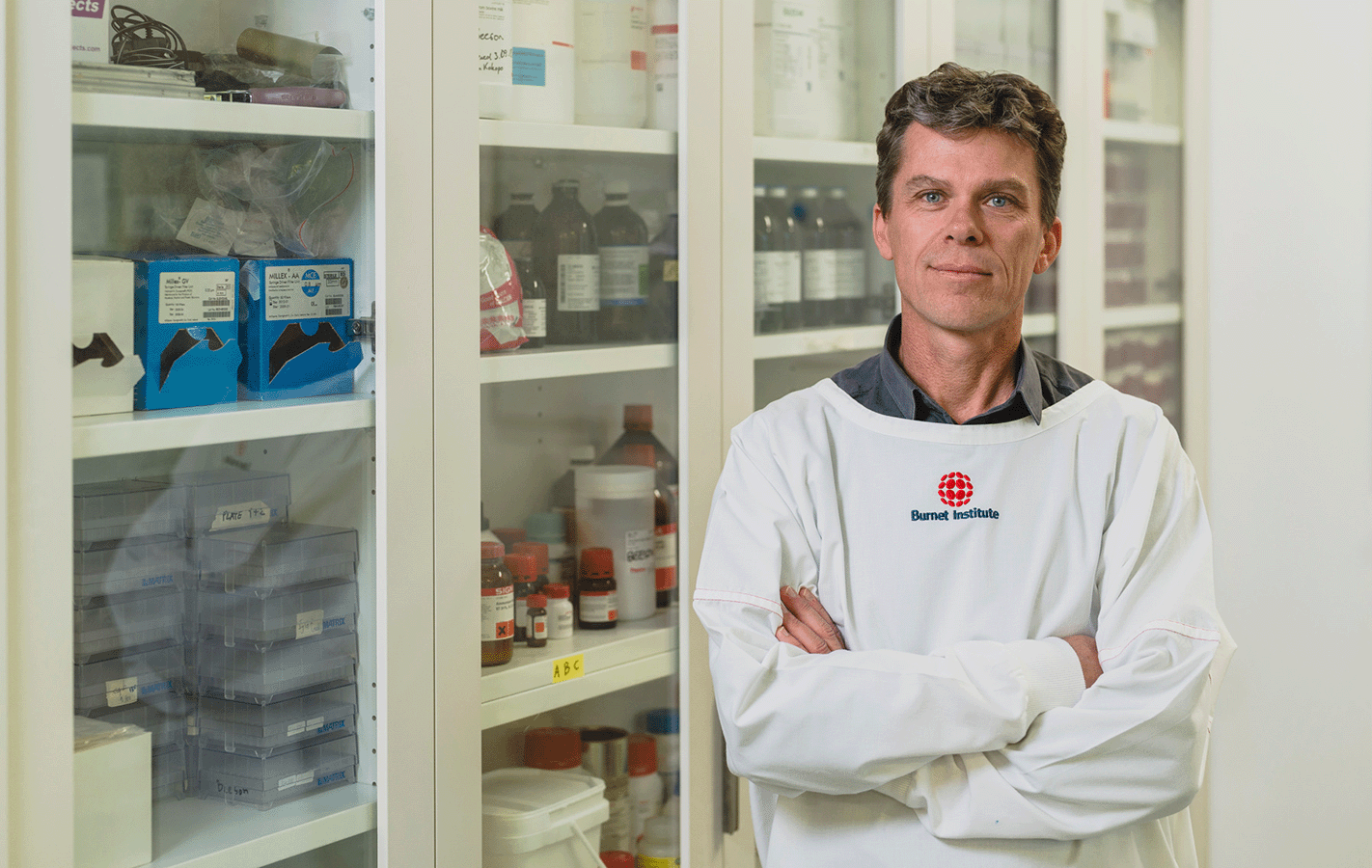
Professor James Beeson, Burnet Deputy Director and Head of Malaria Immunity and Vaccines Laboratory
Professor James Beeson, Burnet Deputy Director and Head of Malaria Immunity and Vaccines Laboratory
According to the World Health Organization (WHO), there were an estimated 241 million cases of malaria globally in 2020, with an estimated 627,000 deaths.
While significant inroads have been made in reducing the global burden of malaria over recent years, with annual deaths rates in the millions 20 years ago, the increasing spread of drug-resistant malaria and resistance of mosquitos to insecticides is eroding those gains.
The issue has been further complicated by the COVID-19 pandemic which has diverted already limited resources away from combating malaria in many low- and middle-income countries.
What happens when an infected mosquito bites
The malaria parasite is transmitted from human to human by the Anopheles mosquito. After a few days developing inside the human liver, the parasite then infects red blood cells where they can multiply to extraordinarily high numbers.
It is at this point that the fever-like symptoms of malaria occur, sometimes followed by life-threatening complications such as coma, severe anaemia, and respiratory problems.
While there are multiple parasite species that cause malaria in humans, the Plasmodium falciparum and Plasmodium vivax species pose the greatest threat.
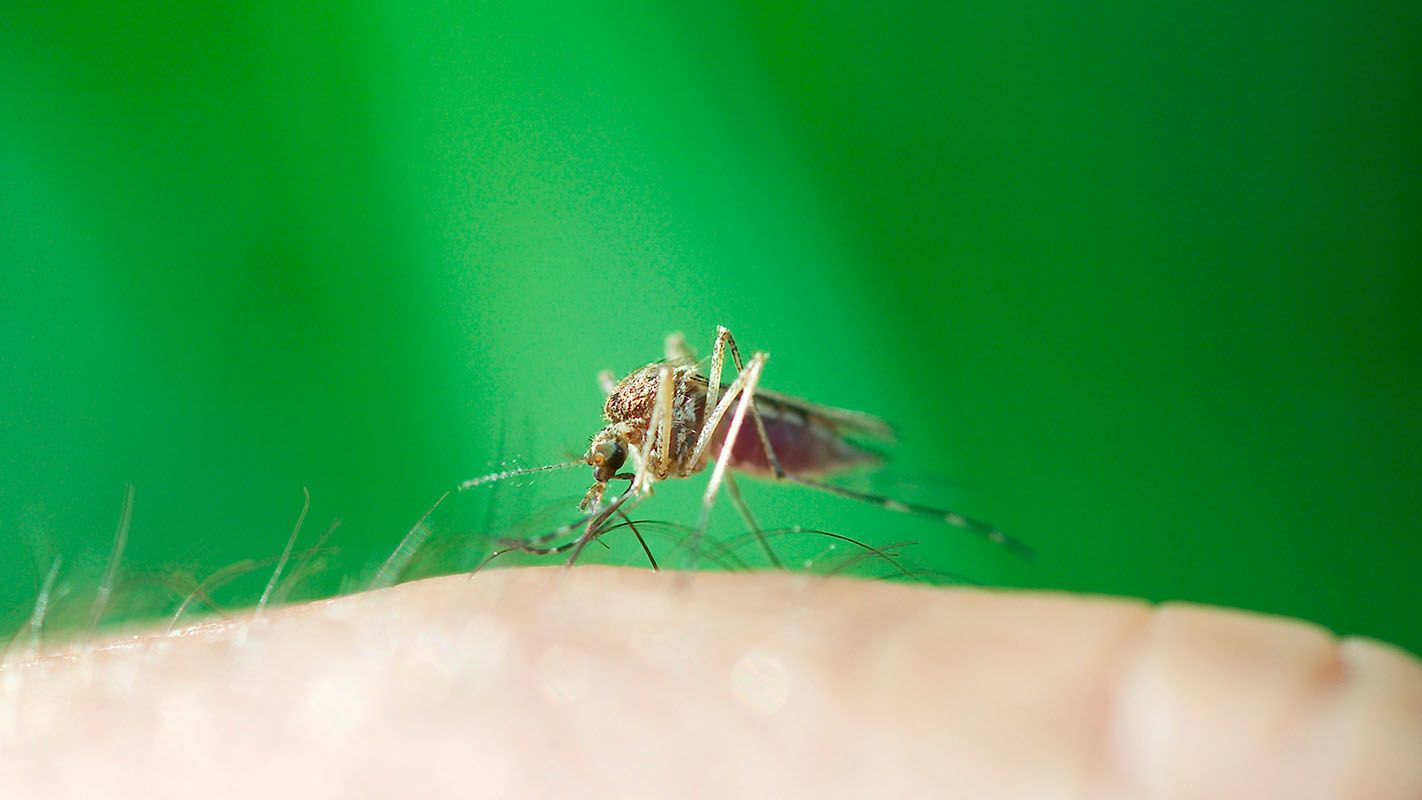
Applying lessons from COVID-19
Professor Beeson believes lessons from the pandemic can be applied to the long-running fight against malaria.
“We saw the speed at which effective COVID-19 vaccines have been developed when knowledge, resources and funding came together to achieve a shared goal,” Professor Beeson said.
“It’s that type of mindset that we need to apply to developing new malaria vaccines, and there are some promising vaccine developments on the horizon.”
Harnessing the early protective defence
Burnet researchers are leading a change in the plan of attack against malaria, which involves targeting the infection as soon as it enters the bloodstream.
“For decades, global malaria vaccine research has focused overwhelmingly on immune responses that may block malaria from infecting liver cells, an essential step in establishing malaria infection,” Professor Beeson said.
However, a Burnet study, led by postdoctoral scientist Dr Gaoqian Feng, provided a greater understanding into the role that neutrophils – a type of white blood cell that acts as the immune system’s first line of defence – can play from the moment the infection is transmitted by the mosquito.
Harnessing this protective mechanism, which acts early, could be a key to developing highly effective vaccines that can block infection, prevent illness, and stop malaria transmission.
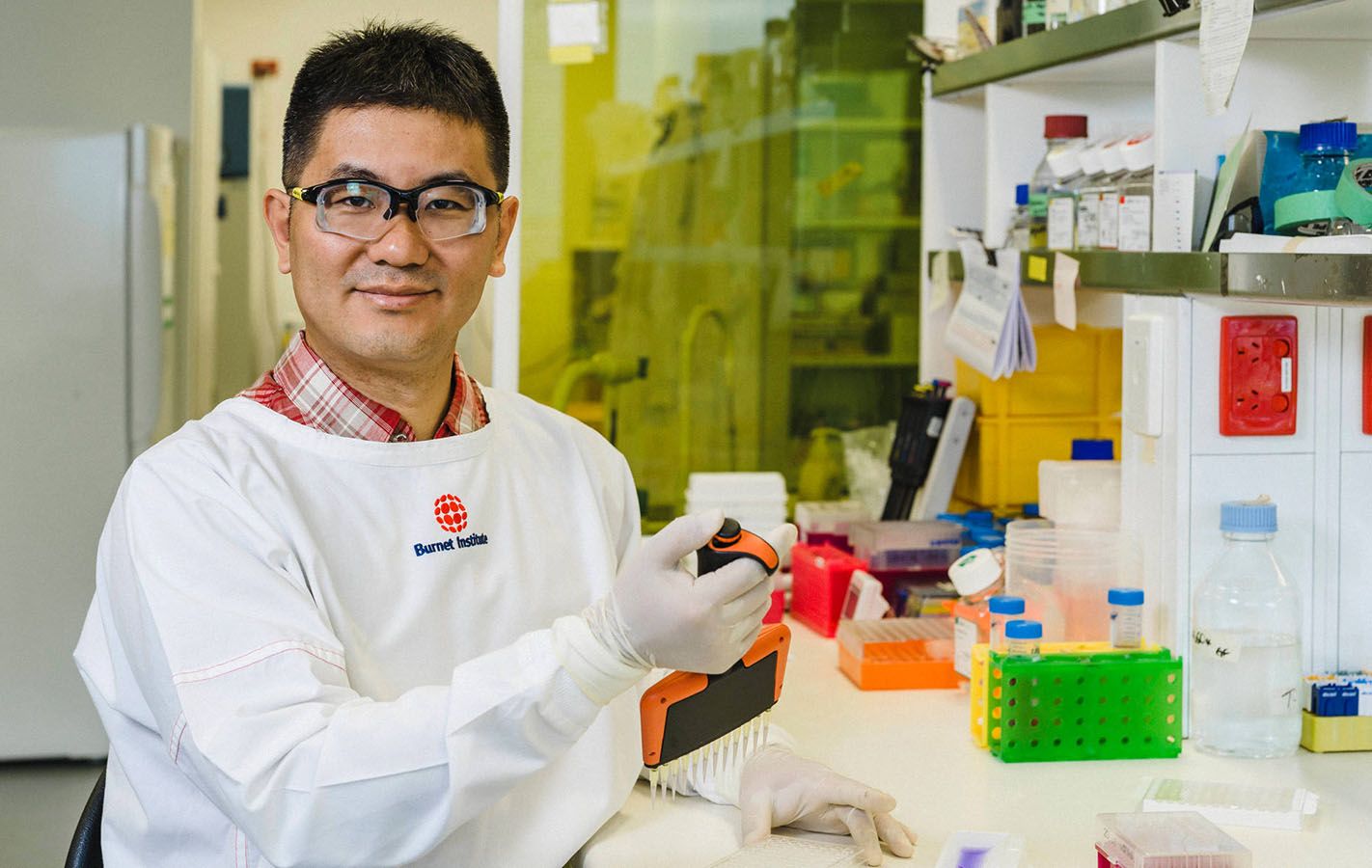
Burnet Malaria Researcher Dr Gaoqian Feng
Burnet Malaria Researcher Dr Gaoqian Feng
Professor Beeson said new paths for vaccine development could include the modification of existing vaccines to better harness the antibody-neutrophil mechanism, or the redesign of vaccines based on the role of neutrophils and other approaches.
He added that with the current resources and tools available achieving malaria elimination is unlikely, which makes developing more effective vaccines imperative.
Current malaria control efforts have focused strongly on the use of vector-based interventions, including long-lasting insecticide-treated nets, indoor spraying of insecticides, and preventative therapies.
“We have the COVID-19 pandemic, the war in Ukraine and an economic slowdown predicted, which makes attracting funding to combat malaria increasingly difficult,” Professor Beeson said.
“What we need are new long-term solutions that are highly cost-effective. Vaccines are one of the cheapest, most cost-effective tools in human history in terms of health interventions.”
You're reading IMPACT magazine | Subscribe today
We need the ideal vaccine
Professor Beeson heralded the endorsement by WHO for the use of the RTS,S/AS01 malaria vaccine for children in malaria-endemic areas.
The announcement means children in sub-Saharan Africa and other regions with moderate to high malaria transmission can be vaccinated to protect them from Plasmodium falciparum malaria.
“Getting a vaccine is an incredibly important step. It is a really significant milestone that’s taken a long time to get to this point,” Professor Beeson said.
"However, the the RTS,S/AS01 vaccine is only moderately protective, and more effective and potent vaccines are needed to achieve malaria elimination."
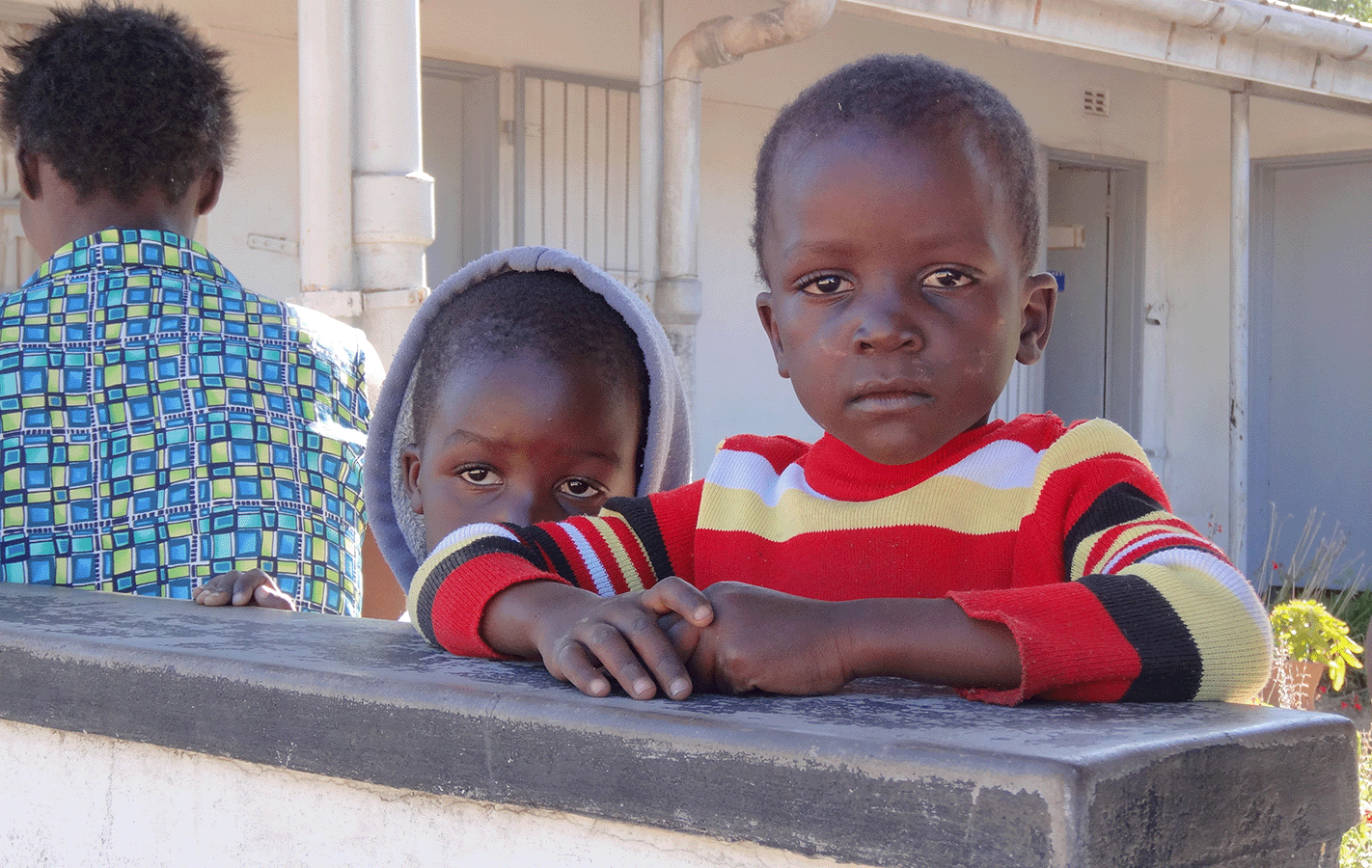
In 2021, The World Health Organization endorsed the use for he RTS,S/AS01 malaria vaccine for children in malaria endemic areas.
In 2021, The World Health Organization endorsed the use for he RTS,S/AS01 malaria vaccine for children in malaria endemic areas.
Applying new vaccine technologies
There are promising signs that the vaccine technology developed for COVID-19 could be used in the fight against malaria.
Last year, BioNTech, which developed the mRNA with Pfizer, announced it is developing the first vaccine for malaria based on mRNA technology, with a goal to start clinical testing by the end of 2022.
Burnet Institute is partnering with Moderna to develop mRNA vaccines for a range of infectious diseases including malaria.
Our researchers will provide Moderna vaccine candidates to be modified and optimised, and returned to Burnet as mRNA candidates ready to test in pre-clinical models.

Burnet's Director and CEO, Professor Brendan Crabb AC said this development partnership with Moderna is a potential 'game-changer', for communities needing vaccines to prevent the devastating impact of infectious diseases.
Professor Beeson added: “The mRNA vaccine technology has been highly effective in controlling the COVID-19 pandemic.”
“It's going to be interesting to see what happens, we might learn a lot about how the same technology can be applied to eliminate malaria in the long-term.”

Make an Impact | Donate Today
Please donate today. Your donation will support our malaria research, improve health outcomes for mothers and children in Papua New Guinea, and make a significant contribution to achieving malaria elimination by 2030.
Contact Us
E: communications@burnet.edu.au
T: +61 3 9282 2111
Where possible people who appear in images included in this publication were photographed with their permission. There is no implication that these people have any infectious diseases.
Stay across the latest from Burnet Institute
Subscribe to IMPACT magazine today
Discover the IMPACT of Burnet’s medical research breakthroughs and public health projects in the Institute’s bi-annual magazine.
